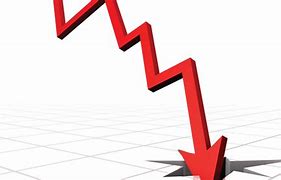Islamabad, Dec 13: Britain’s economy contracted for the second consecutive month in October, marking the first back-to-back monthly declines in output since the start of the COVID-19 pandemic. According to the Office for National Statistics, Gross Domestic Product (GDP) shrank by 0.1% in October, following the same decline in September. This is the first such decline since March and April 2020, when the country faced its initial coronavirus lockdown.
Economists had expected a slight monthly growth of 0.1%. The services sector remained unchanged, while manufacturing and construction output both decreased. This data adds to a series of disappointing economic figures, including underwhelming business surveys and retail sales.
Finance Minister Rachel Reeves responded to the data, acknowledging the disappointing figures but emphasizing that policies were in place to drive long-term economic growth. Her budget, announced on October 30, included substantial tax hikes for businesses alongside increased spending on public services, which is expected to affect GDP starting in November.
The pound fell slightly against the U.S. dollar, with investors anticipating potential interest rate cuts from the Bank of England (BoE) by the end of 2024. However, Paul Dales, chief UK economist at Capital Economics, expressed caution about the likelihood of a rate cut in the upcoming BoE meeting.
Trade data from the ONS revealed a drop in both imports and exports of goods in October, with exports to the European Union surpassing those to the rest of the world for the first time in nearly a year. The weakening export climate, along with rising global uncertainties and the effects of recent budget measures, raised concerns about sustaining growth.
The Bank of England had reduced its 2024 growth forecast to 1% from 1.25%, though it expects a stronger recovery in 2025. Overall, the UK economy has seen slow growth post-pandemic, with only Germany experiencing weaker performance among the largest advanced economies.
